 |
 |
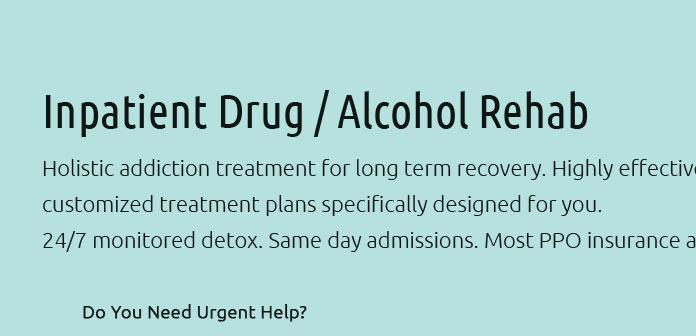 |
 |
 |
 |
||
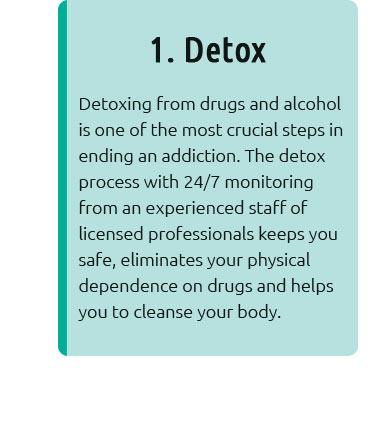 |
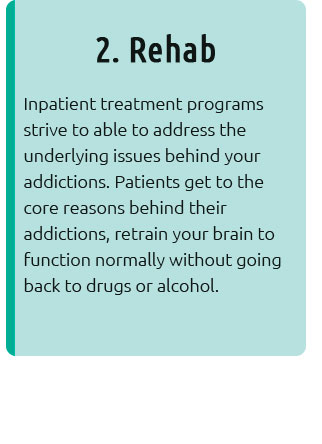 |
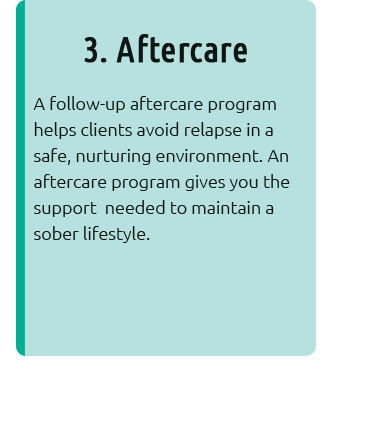 |
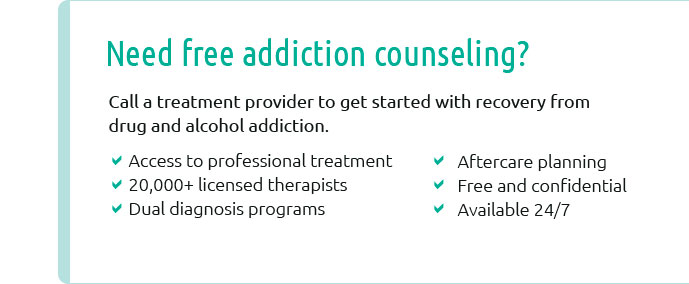 |
 |
 |
 |
||
 |
||
 |
||
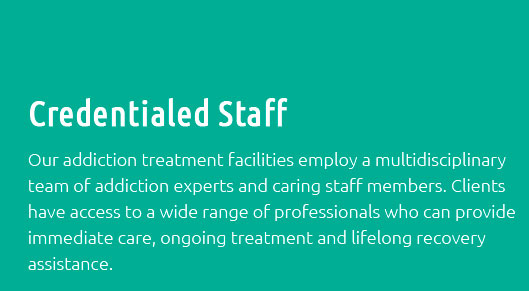 |
 |
 |
|
 |
|
Treatment Centers Near Me: A Comprehensive ExplorationIn recent years, the demand for quality treatment centers has seen a significant increase, driven by a growing awareness of mental health issues and addiction recovery needs. As someone exploring options for either personal reasons or to assist a loved one, understanding the nuances and offerings of local treatment centers can be crucial. This article delves into what makes these centers stand out, providing insights into their key features, operational ethos, and the subtle yet impactful differences that could guide your decision-making process. Firstly, it is essential to recognize that treatment centers come in various forms, each tailored to address specific needs. From inpatient facilities that offer immersive, round-the-clock care to outpatient programs designed for those balancing treatment with daily responsibilities, the spectrum is vast and varied. One of the most appealing aspects of local treatment centers is their accessibility. Being in close proximity not only facilitates easier logistics but also fosters a sense of community support which can be invaluable during the recovery journey. Moreover, many centers have embraced a holistic approach to treatment. This philosophy integrates traditional therapeutic methods with complementary practices such as yoga, meditation, and nutritional counseling. The inclusion of these elements highlights a broader understanding of recovery that goes beyond mere abstinence, focusing instead on overall well-being and personal growth.
Despite the myriad of services offered, one might wonder about the subtle opinions that often accompany discussions around treatment centers. While some advocate for inpatient care as the most effective form, others highlight the flexibility and autonomy offered by outpatient programs. It's crucial to weigh these perspectives against one's personal circumstances and preferences. Ultimately, the decision of choosing the right treatment center is deeply personal and multifaceted. The emphasis should always be on finding a center that aligns with one's values and offers a supportive environment conducive to healing and growth. As you embark on this important journey, remember that the right choice can significantly impact the trajectory of recovery, laying a foundation for a healthier, more fulfilling life. https://www.ny.gov/services/find-certified-outpatient-or-bedded-addiction-treatment-program
Providers of Clinical Screening and Assessment Services for the Impaired Driving Offender Problem, Gambling Treatment and Prevention Program https://www.ascendantny.com/nyc-outpatient-rehab-iop-program/
We offer a comprehensive Intensive Outpatient Program (IOP) for patients struggling with substance use, mental health disorders, addiction, and other mental ... https://www.legacyhealing.com/locations/new-york/
If you're searching for a New York City drug rehab to recover from substance abuse, our addiction treatment facility in Parsippany nearby offers the ...
|